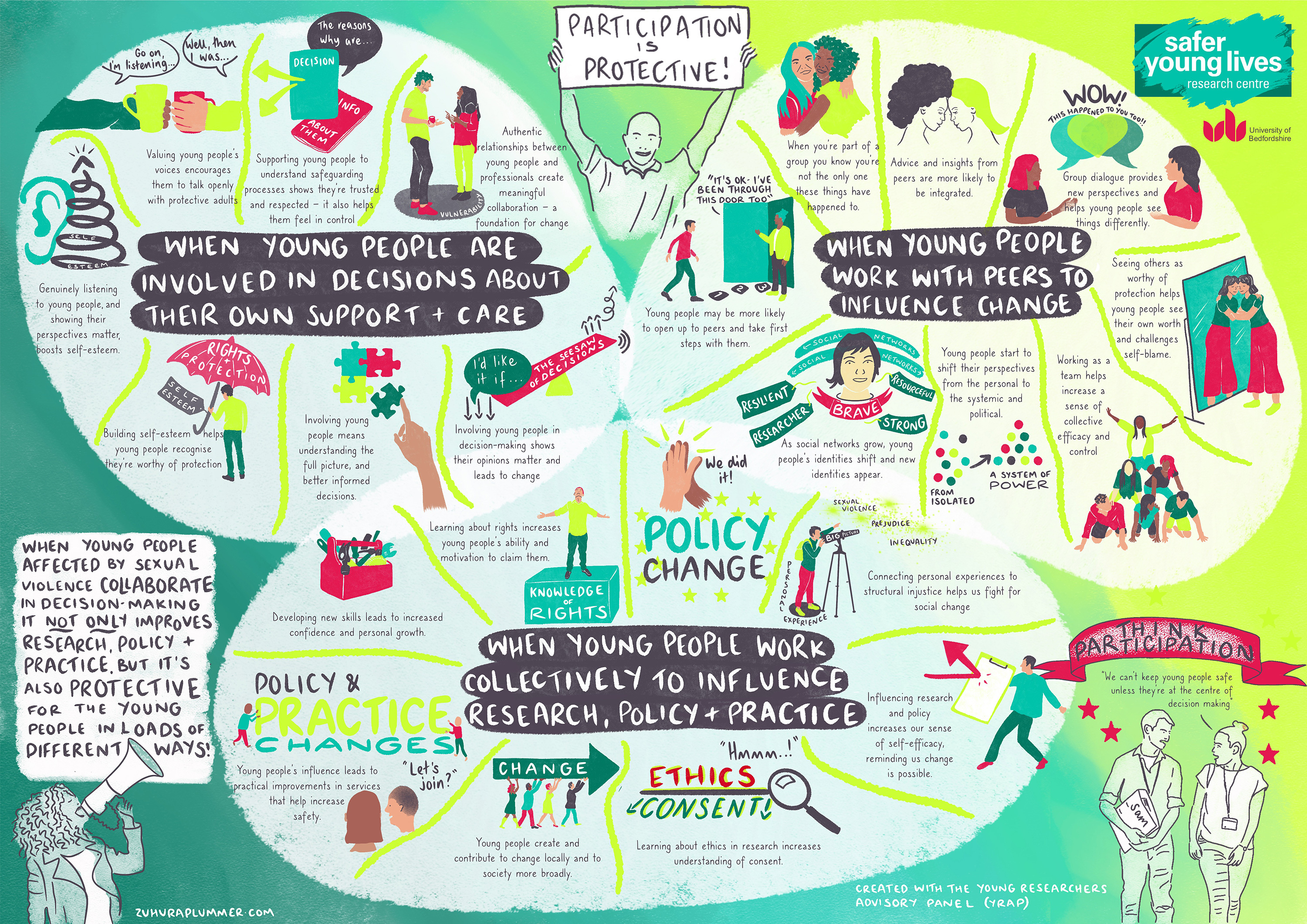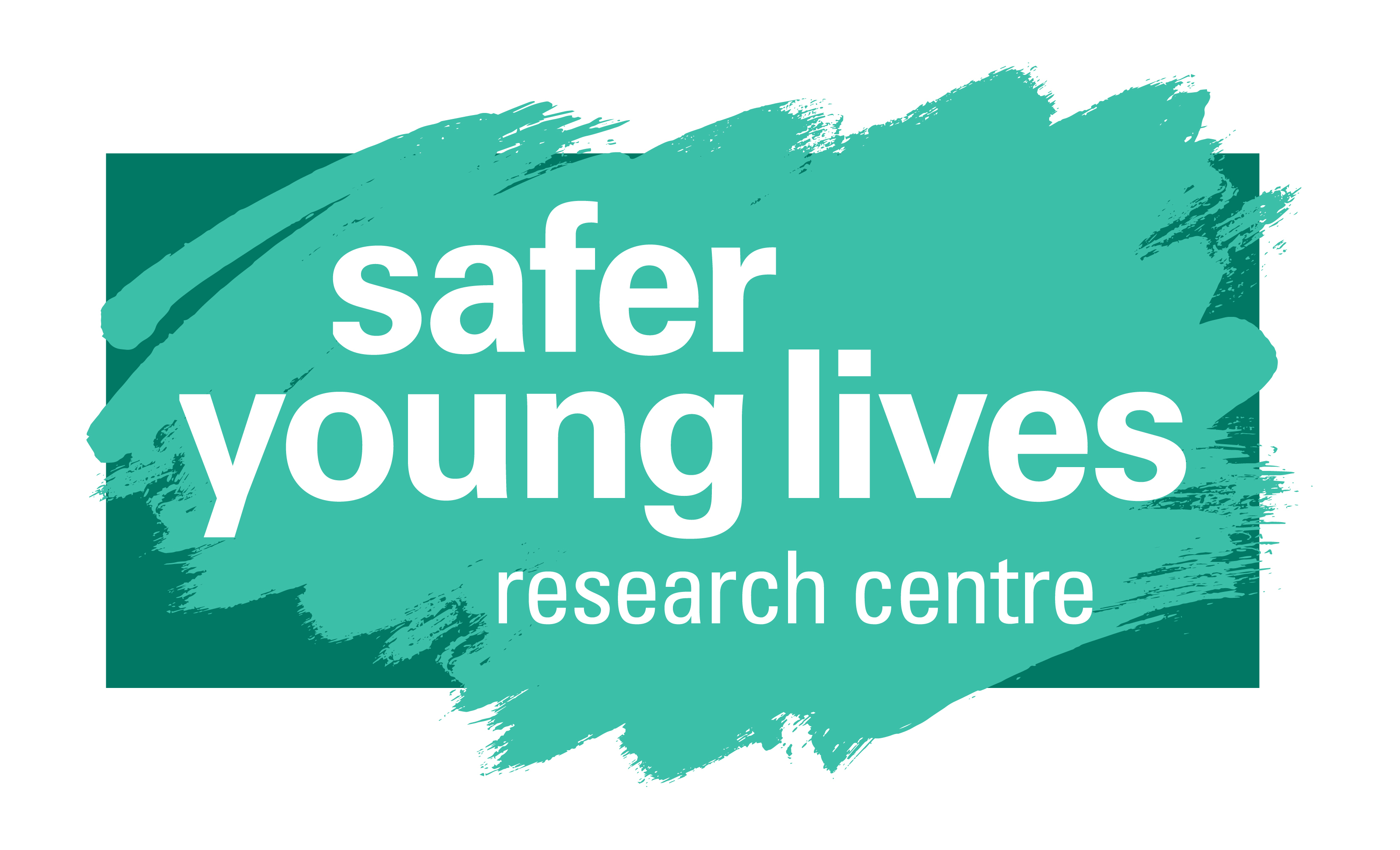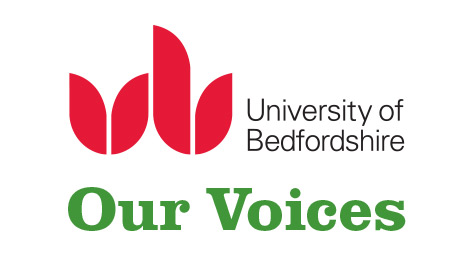"Just reassure them": Working with young research advisors to improve young people’s participation

Over the last few months, the Our Voices team have been working with our Young Researcher’s Advisory Panel (YRAP) at the Safer Young Lives Research Centre (SYLRC) to develop a series of workshop plans to explore how young people’s participation in decision-making activities, in the context of child sexual abuse and exploitation(CSA/E), can be protective. This blog shares key learning from the process of developing workshop plans with YRAP.
Background
In 2019, members of our YRAP, and colleagues at the SYLRC, co-wrote and published a peer-reviewed journal article exploring how young people’s participation can be protective (Hamilton et al., 2019).The YRAP team have continued to reflect on this and in 2021, they worked with an artist to develop an illustration showing the range of ways participation can be protective – from the perspective of young people. The Our Voices team have also been developing knowledge around this, most recently as part of Our Voices III – which is exploring more broadly whether and how participatory approaches and principles support efforts to prevent CSA/E and respond to those affected.

Complementing these different strands work, funding from Research England enabled us to further explore how the notion of ‘participation as protection’ translated into other contexts and resonated with other groups of young people.
About the workshops
We worked with YRAP to develop a series of six workshops that were facilitated by our local partners in Uganda and Kenya, with groups of young people they work with. Workshops one to five took place in June and July 2022, with the sixth workshop taking place in August (in Uganda) and September (in Kenya). 19 young people took part in these workshops – nine in Uganda and ten in Kenya. The discussions that took place during these workshops aimed to help young people to think about their experiences of participation. These conversations were audio recorded and the key messages young people wanted to share about the importance of participation have been curated into a podcast.
Developing the workshop plans with our YRAP: four key considerations
We had five online consultations with our YRAP to help us to think about what the focus of the workshops should be, the types of activities to include and how to sensitively frame questions and activities. These sessions led to several important discussions that have underscored how helpful it can be to work with young advisors who can draw on their own experiences of being involved in different projects and are attuned to some of the sensitivities attached to this work.
Four key issues were raised by YRAP during these consultations – all connected to the intention of making young people feel comfortable in how they choose to participate in the workshops. This feedback was incorporated into the final workshop plans and the points raised in our conversations with the facilitators in the lead up to the workshops.
1. Thinking through the potential worries or concerns young people may have linked to their participation
For this project, the workshops being held in Uganda and Kenya involved young people interviewing each other to capture key messages about young people’s participation for a professionally produced podcast. We wanted to explore with YRAP what concerns or fears young people may have in relation to this type of activity. Potential worries included:
Their voices being heard by themselves or others:
"So like a lot of my friends, we tend to send voice notes to each other and then when I listen to them like it makes me cringe that I can hear my own voice. So maybe that's something so like if any other young people, young person sort of shared that sort of concern. Just reassure them like, OK, hearing you hearing your own voice back isn't as horrible as you think!"
In responding to this potential worry we noted that the podcast producer we are working with would be able to do ‘pitch shifts’ changing the sound of people’s voices. One YRAP member felt that would be comforting for young people:
"In my opinion, like if I was putting myself in their shoes sort of thing, knowing that it wasn't gonna be my voice would give me a bit more comfort. Maybe a bit more confidence as well."
Having to deliver podcast-perfect content:
The group also felt that it was important for young people to know that they can speak freely, make mistakes and do multiple ‘takes’ of their interviews/recordings and that the facilitators should reassure them that things can be edited out! In designing the workshop series, we built in the sixth and final workshop for young people to come back together to listen to the first draft of the podcast and provide any feedback on things they would like to be changed or removed.
2. Ensuring everyone is comfortable in their role
In addition to thinking about some practical things we could do to make the recording experience easier, one YRAP member drew attention to the fact that people can contribute in different ways and emphasised the importance of facilitators explaining to the young people involved that they don’t need to take part in the recording if they don’t feel comfortable. She felt it was important to communicate that their involvement in, and contribution to, the workshops was still valued and important, even if they did not want to record their perspectives for the podcast.
"And it’s just always reminding them that there are other ways that you can get involved. So like, you don't have to do the podcast and you don't have to be involved in the recording. There are other ways that you can contribute to it."
To illustrate this point, this young person drew an analogy with film-making, noting the large teams of people involved in this process and the range of roles that contribute to the final product:
"… Like doing a film, there's not just the actor. There's like a cameraman. There's a picture person, like a microphone holder. There's this person, this person, this person, that's all part of making the film… so you could be like the sound editor or the motion producer or like you can hold the microphone or you can be in charge of like, special effects, things like that. So there's like 101 things that they could help with if they're not comfortable being like the voice over."
This point linked with wider discussions had throughout the YRAP consultations about the importance of young people not feeling like they had to be ‘the star’, the person on the stage in front of everyone identifying as a ‘survivor’. The group felt that there are multiple ways to make a difference and that means that young people should not have to place themselves in situations that are uncomfortable.
3. Valuing the ‘behind the scenes’ contributions
We discussed with YRAP different potential activities that could be included in the workshops to help young people think about how young people’s voices, and getting involved in decision-making, can influence change, One idea we proposed was asking the young people to think about the changes that have occurred due to the efforts of well-known young activists such as Vanessa Nakate (a youth activist on climate change in Uganda), Greta Thunberg and Malala Yousafzai. It was interesting to hear the mixed views and feedback on this activity. One YRAP member felt this could be a ‘really inspiring’ activity whereas another took this in a different way noting that they ‘actually felt the opposite’. This YRAP member went on to explain that:
"So you know how, like, obviously, their activism, they’re on the news, they're doing something, but for the people that's like us, the people that have joined [YRAP] , that have their own lives, we're still giving an input to make other people's lives better. We might not think it, we might feel like this is not enough or I'm not on TV or I'm not a massive act like, you know, doing a lot, but even like doing these sessions and having these meetings and talking about how to change, I feel like we're doing quite a lot and we should still be like as proud, if not more than those on TV because we're doing it in the background with no limelight, with no TV, with nothing, but we're still making a, how do I say it, still making progress, impact."
This young person felt it could be disheartening for young people in the workshops to have their efforts compared to those more well know activists who have a global reach on the international stage. He felt that it was important to recognise that anyone who is involved in trying to inform and influence decision-making processes was playing an important role:
"We're all trying our best and we're all doing something in our own way to make a better, like situation for the like children and stuff or better environment for them."
4. Allowing individuals to be individuals
In two of the consultations, YRAP members voiced the importance of young people taking part in the workshops being able to self-identify how they choose, rather than being labelled under a group identity.
In one session we were discussing a potential activity that would involve the two groups of young people in Kenya and Uganda each coming up with a group name – an identity that could then be used by facilitators throughout the workshops when addressing the group and for the purpose of introducing the group in the podcast. Some of the YRAP members drew on their own experience of being involved in discussions about developing a group identity:
"Just for my own personal experience… so like how one person might identify the group is different to how somebody else might identify it. it's just… so it's like it's just about being mindful that you might come across that..."
This young person suggested every individual coming up with something they wanted to communicate about themselves and then trying to draw out the commonalities from what people were willing to share. This was seen as important to prevent more vocal group members dominating or influencing the narrative surrounding the wider group and/or group identities being imposed on young people that they may not be comfortable with.
Final reflections
In reflecting on these conversations, this led us to do some further thinking about how to address these challenges and tensions in the development and implementation of the workshop plans. We also built in activities that allowed the groups in Uganda and Kenya to also consider and share their ‘hopes and fears’ for the project and to take part in a collective risk assessment and spend time thinking about potential risks or challenges linked to recording the podcast and how as a team any risks could be mitigated. In responding to the points raised by YRAP we also emphasised these in the workshop guidance for the local facilitators. It was important to be clear that young people may feel pressure during their engagement in projects to get involved in activities and it was about their being choices and options for participating in ways that felt comfortable. In the current climate, where young people may feel pressure to be the spokesperson, visible in front of an audience, we all have a role to play in helping young people to recognise that there are many other ways to inform and influence change that do not require being in the spotlight.






